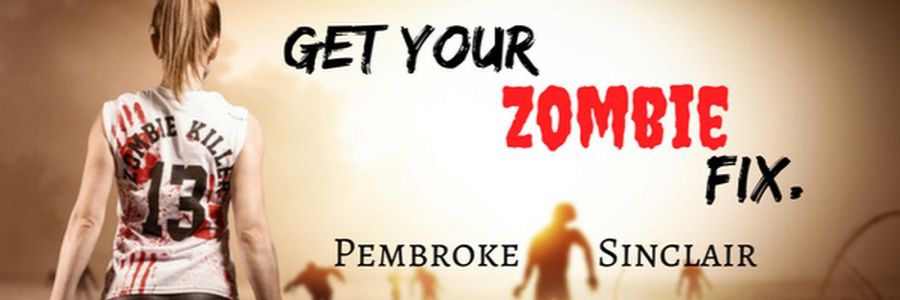As authors, we are used to defining ourselves. More often that definition is applied to the types of books we write (whether it is literary, sci fi, fantasy, horror, or any of the other genres) or by what age group we write for (children’s, middle grade, young adult, new adult, adult).
For me, the definitions of each are as follows:
- Traditional: being published by one of the Big Six publishers and having an agent that represents you
- Indie: being published by a small, independent publisher that you don’t have to have an agent to submit to
- Self: being your own publisher and incurring the cost of book covers and editors and using any of the various sites, including, but not limited to, Amazon
But it got me to thinking: why is it so important that we place these labels on ourselves?
For the genres, I totally get why. What I’m referring to is why we feel the need to label ourselves based on how we are published. One way is not better than another, and it certainly is not indicative of quality. At one time it might have been, but that’s changing now. And more and more often, even traditionally published authors will self-publish books. Do we still need the labels?
My questions arose while having a conversation with another author. I asked him how he was published, and when he commented indie, I asked if he meant indie publisher published or self-published, and he said he believed self-published and indie were the same thing.
That got me to thinking and wondering about my own biases in the publishing world. I certainly wasn’t trying to imply that one form of publishing was better than the other—I’m also an indie and self-published author—I honestly was just curious which one of the two he was. I’m endlessly fascinated with author’s stories of their failures and successes in the various publishing realms. I enjoy learning new ways to market myself and my books or to hear if there are publishers out there who should be avoided.
But how important is it that we define ourselves by the way we are published?
After all, whether traditional, indie, or self, we face a lot of the same problems when it comes to marketing—or dealing with editors or finding new readers or [insert publishing issue here]. Wouldn’t it be more beneficial to everyone if we just classified ourselves as “published” and help each other be successful?
I have no answers to my questions, and I’m wondering if any of you have thought about this same thing. I would love to hear your thoughts on how authors define themselves through how they are published! Is it good? Is it bad? Should we change it? How would we go about changing it?





